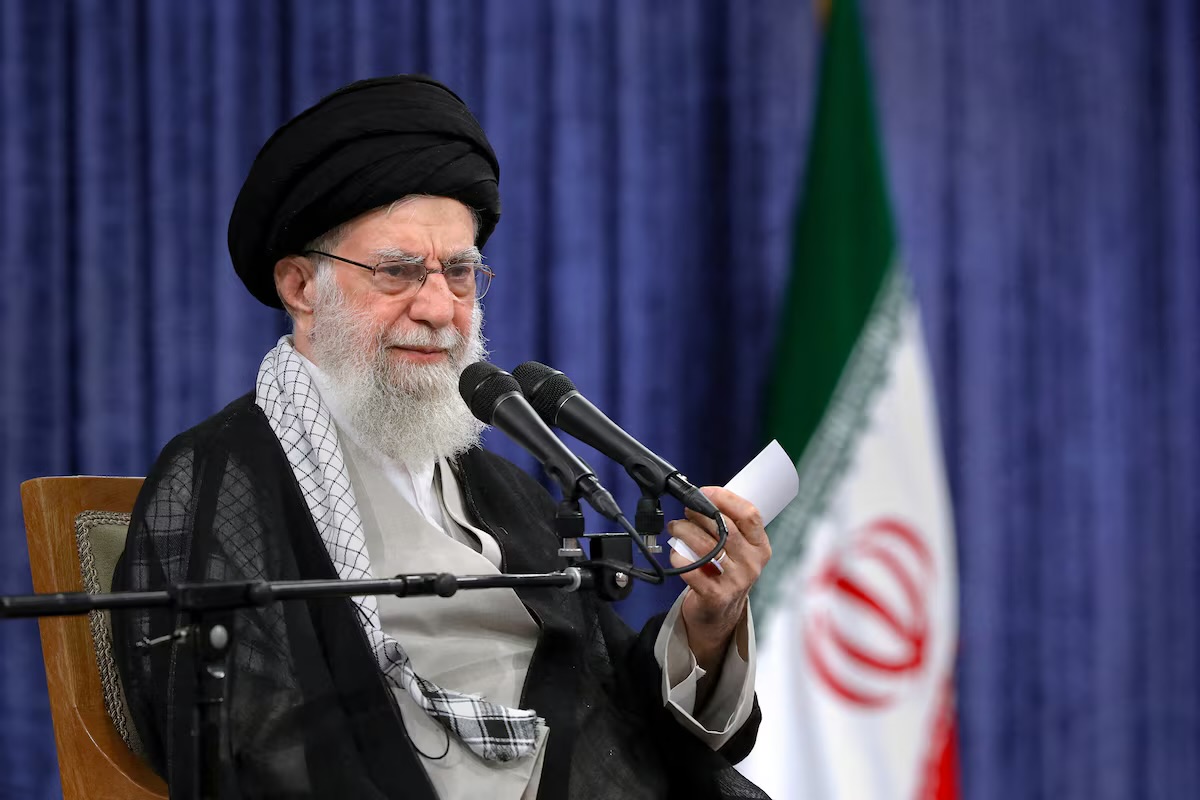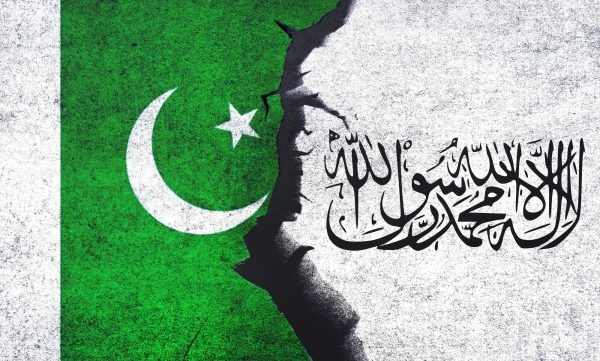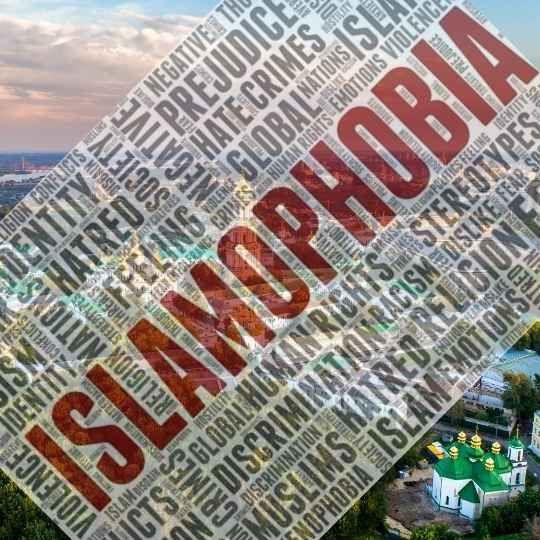By Abdulkadir Mohamoud Sugal (Somaliland)
Historical Context and Legitimacy
The borders of Somaliland date back to its time as a British protectorate from 1884 until it gained independence on June 26, 1960. During this brief period of sovereignty, Somaliland was recognized as an independent nation. However, just days later, it voluntarily united with Italian Somaliland to form the Somali Republic.
Following the collapse of Somalia’s central government in 1991, Somaliland declared its independence, reclaiming the borders it held during its time as a British protectorate. This historical basis provides Somaliland with a unique legitimacy, distinguishing it from other secessionist movements that often lack clearly defined or historically recognized borders. Somaliland seeks to restore, not redefine, its original sovereignty within these borders.
The Map as a Diplomatic Tool
The political map of Somaliland plays a pivotal role in its diplomatic engagements. By adhering to its original, internationally recognized borders, Somaliland underscores its commitment to territorial integrity and stability—key principles in international law. This has allowed it to engage with foreign governments and organizations as a distinct entity, even without formal recognition.
Somaliland’s De Facto Independence and Ongoing Geopolitical Negotiations
Somaliland, a self-governing region in the Horn of Africa, holds a de facto identity that distinguishes it from Somalia. Its borders, based on the former British Somaliland Protectorate, are internationally recognized. However, Somaliland lacks formal recognition as an independent state, despite operating with full self-governance. The Federal Government of Somalia cannot administer Somaliland’s territory, further affirming Somaliland’s practical independence.
Somaliland’s De Facto Status
Since declaring independence in 1991 following the collapse of the Somali central government, Somaliland has maintained its own democratic institutions, security forces, and economic policies. Although it is not officially recognized as a sovereign state by the international community, Somaliland exercises full control over its territory and engages in agreements with foreign entities as a representative of its people. This status allows Somaliland to act as an autonomous entity on matters concerning its land and resources.
Ethiopia’s Request for a Strategic Base
A recent tension arose when Ethiopia, seeking strategic access to the Arabian Gulf, requested to lease Somaliland’s Sea territory to establish a base. This proposal underscores Somaliland’s geopolitical importance, as its location on the Gulf of Aden makes it a key player in regional trade and security dynamics.
In response to Ethiopia’s request, the Somaliland government linked the proposal to Ethiopia’s full recognition of the Republic of Somaliland. By doing so, Somaliland used the opportunity to strengthen its push for international recognition. The negotiations between the two governments remain ongoing, reflecting the delicate balance of interests in the region.
Somali Government Opposition
The Federal Government of Somalia opposed Ethiopia’s negotiations with Somaliland, claiming that Ethiopia’s actions encroach on Somali territory. However, Ethiopia has firmly stated that its discussions are solely with the Somaliland government, emphasizing Somaliland’s distinction from Somalia. This stance reinforces the perception of Somaliland as a separate entity with control over its own affairs, even in the absence of formal recognition.
Turkey’s Mediation Efforts
The disagreement prompted the involvement of Turkey as a mediator. Turkey, a close ally of Somalia, has historically provided significant aid and support to the Somali government. As a result, the international community encouraged Turkey to act as a neutral party to prevent further tensions between Somalia and Ethiopia.
Turkey’s role in the mediation process reflects its broader influence in the region. While it is expected to maintain favorable relations with Somalia, Turkey must also navigate the realities of Somaliland’s autonomy. The focus of the mediation is not to challenge Somaliland’s authority but to ensure that the negotiations proceed without escalating conflicts between Ethiopia and Somalia.
Somaliland’s Role in the Agreement
Somaliland remains the sole authority over its territory despite opposition from Somalia and Turkey’s involvement in mediation efforts. Recognizing the challenges of gaining international recognition, Somaliland understands that such recognition often depends on aligning with the interests of other nations. While striving for statehood remains a priority, Somaliland prioritizes its strategic interests to strengthen its position.
Ongoing negotiations with Ethiopia over a strategic base demonstrate Somaliland’s growing diplomatic assertiveness. By tying Ethiopia’s request to its recognition as an independent state, Somaliland is leveraging diplomacy to advance its statehood goals. This pragmatic approach highlights its ability to navigate complex international dynamics while reinforcing its status as a self-governing, de facto independent entity.
Conclusion
Somaliland’s de facto independence continues to shape its interactions with the international community. While it lacks formal recognition, its ability to govern its territory, engage in foreign agreements, and navigate complex regional dynamics underscores its status as a functional state.
The ongoing negotiations with Ethiopia over the proposed base, as well as the involvement of Turkey, further highlight Somaliland’s geopolitical significance. These developments reaffirm that the Somaliland government is the only legitimate authority over its land and resources.
As Somaliland continues to assert its autonomy, the international community faces a critical question: how long can it ignore a region that has proven its stability, governance, and commitment to self-determination? The case of Somaliland exemplifies the challenges and opportunities of de facto states in a world where recognition often lags-reality.
https://theadvocatepost.org/blog/2024/11/01/ethiopia-somaliland-agreement-on-naval-base-sparks-regional-debate-amid-strategic-investments/





